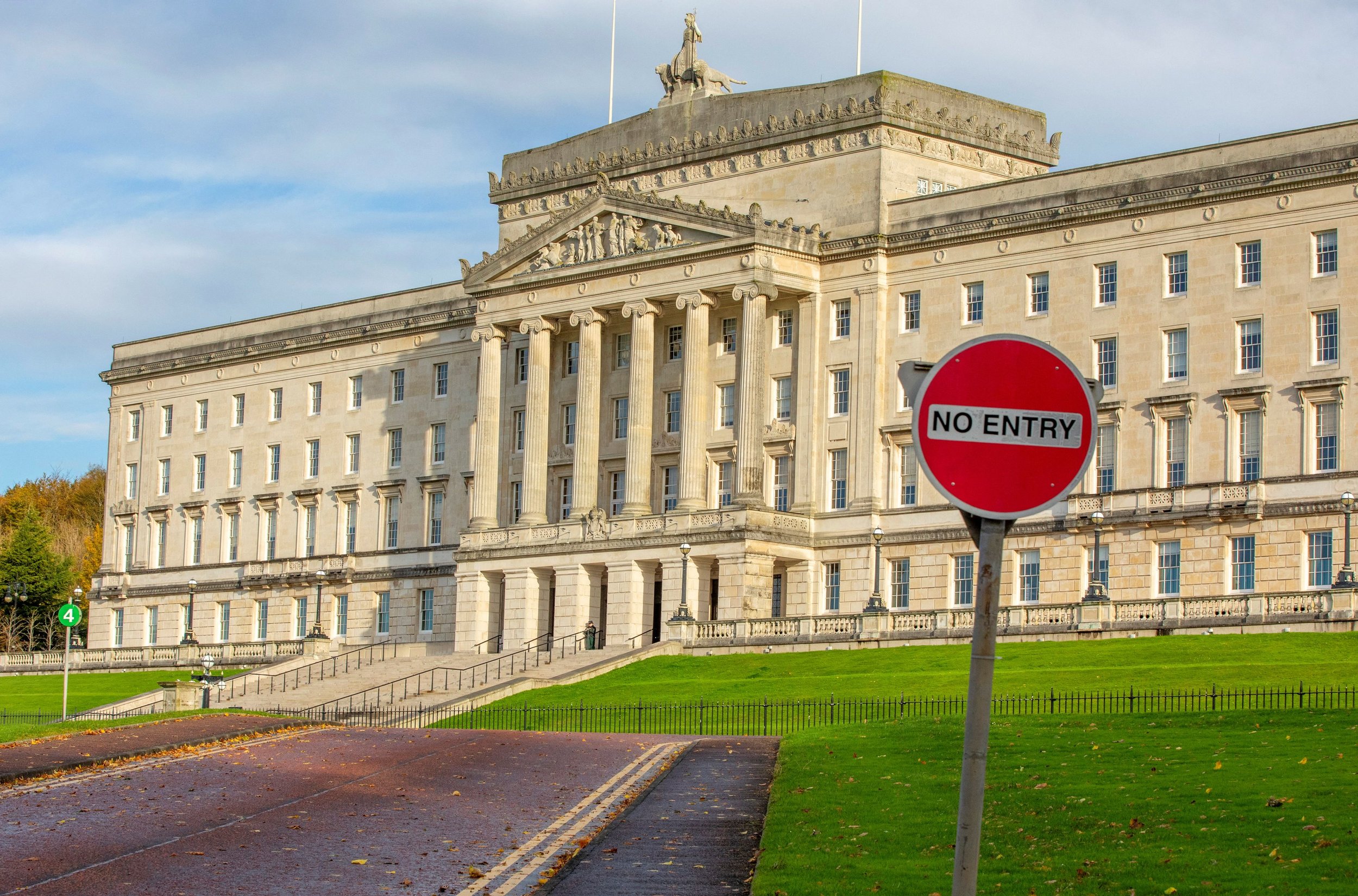A First Look at the Windsor Framework
irishtimes.com
On the 27th of February 2023, Rishi Sunak announced the Windsor Framework following an agreement between the UK and the EU regarding the Northern Ireland Protocol.
Big changes have been announced that aim to empower the Northern Ireland Assembly to have a greater say in how EU goods law applies to Northern Ireland which has been a major concern for the DUP (Democratic Unionist Party).
To enable Stormont (Northern Irish Parliament) to veto any EU goods law coming into effect, thirty Members of the Legislative Assembly (MLA) from two or more parties must veto the Bill. This mechanism is called a ‘Petition of Concern’ which was first introduced in Northern Ireland under the Good Friday Agreement 1998. After a successful petition of concern is lodged, the veto will be considered by the Westminster government and the bill will be suspended from coming into law for a period of four weeks. A UK-EU Joint Committee will then consider the bill and decide whether to agree to the veto or not. If the Joint Committee vetoes the law, it will not apply in Northern Ireland. If the Joint Committee disagrees with the veto, the law will go into effect in Northern Ireland. Any disputes arising from a successful veto will be dealt with by an independent arbitrator and not the European Court of Justice.
The UK government has warned that the mechanism cannot be used for ‘trivial’ reasons. To enable Stormont to use its veto over EU law, there is a requirement for MLAs to demonstrate that the introduction of the law will have a ‘significant impact on everyday life in Northern Ireland’. However, there are no measurable factors attached to ‘significant impact’.
The petition for concern is a safeguard procedure to ensure power-sharing and to protect communities’ rights. But their efficiency in addressing the issues is yet to be seen as they can be easily misused. In recent years, the use of petitions of concern has departed from the intended purpose of dealing with cases in which human rights or equality were threatened. Petitions of concern have been used more widely and not exclusively for human rights issues. For example, the DUP has been accused of abusing the mechanism by using it for Marriage Equality and Education Reform.
116 petitions of concern were lodged from 2011-16, a few of which were brought in good faith. Petitions of concern have not always been used as a safeguard procedure, most of the petitions of concern undermine Stormont’s credibility as an accountable institution. For example, a petition of concern was used to protect Nelson McCausland from facing an enquiry into his conduct as Minister of Culture, Arts and Leisure following the Red Sky controversy.
Petitions of concern have previously been a catalyst for the breakdown of power-sharing, for example, Sinn Fein, the second largest party in the Northern Irish Assembly used a petition of concern to block the Welfare Reform Bill and caused a near collapse of Stormont. This raised the question if the use of petitions of concern will bring stability to Stormont.
The abuse of petitions of concern led the government to reform the mechanism in the New Decade, New Approach Deal (NDNA) 2020 which sought to reduce the scope of petitions of concern and return it to their intended purpose. MLAs and parties must only support a petition of concern in the most exceptional circumstances, and it shall be treated as a last resort. No petitions of concern have been made since the reforms. The success of the Windsor Framework will depend upon whether or not all parties use it in good faith.
www.mydup.com
The DUP is currently refusing to sit in Stormont until the concerns of post-Brexit arrangements are addressed. The DUP has set out its requirements for any arrangement from as early as 2021. Following the announcement of the agreement, DUP set up an eight-member panel to assess the agreement and conduct a focused consultation. They are expected to arrive at a decision in April, but the DUP have made it clear they will not be rushed into reaching a decision.
Looking towards the economics of the agreement, the Northern Irish economy has been labelled by Rishi Sunak as being of the world’s most exciting economic zone, an economic zone that the UK previously enjoyed before Brexit. Besides that, Northern Ireland’s economy has been struggling and is comparatively stagnant to the Republic of Ireland. Northern Ireland only accounts for 2.2% of the UK GDP. This problem was exacerbated by the Northern Irish Protocol which prevented the free movement and transit of goods from the rest of the UK, which they can now enjoy again under the Windsor Framework. The agreement will help keep our international investors from going elsewhere outside the UK.
by Katherine Pegg


